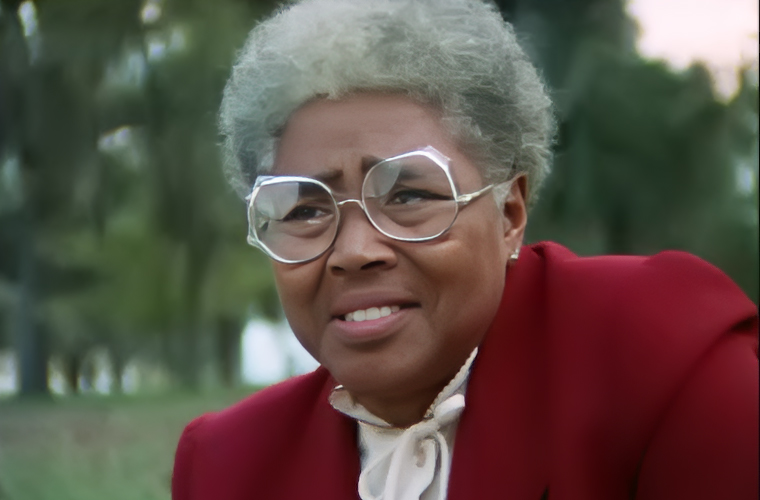Victoria Gray Adams was a prominent civil rights activist who made significant contributions to the movement for racial equality in the United States. Born in Hattiesburg, Mississippi in 1926, Adams grew up in a segregated society that denied her and other African Americans basic human rights and freedoms. Despite the obstacles she faced, Adams was determined to fight for justice and equality. In the 1950s and 1960s, she became a key figure in the civil rights movement, working alongside other activists like Fannie Lou Hamer and Medgar Evers.
Adams’ activism took many forms. She was a skilled organizer and strategist, helping to plan and coordinate protests, boycotts, and other actions aimed at challenging segregation and discrimination. She also worked to register African-American voters, a crucial part of the struggle for civil rights. In 1962, Adams co-founded the Mississippi Freedom Democratic Party (MFDP), a political party that aimed to challenge the all-white Democratic Party in Mississippi. The MFDP was made up of African Americans who had been excluded from the mainstream political process due to racist laws and practices.



Adams played a key role in the MFDP’s efforts to gain recognition at the 1964 Democratic National Convention. She and other members of the party traveled to Atlantic City, New Jersey to make their case to the convention’s Credentials Committee. Although they were ultimately unsuccessful in their bid to be seated as delegates, their efforts helped to shine a spotlight on the issue of voter suppression and paved the way for future gains in the struggle for civil rights.
Throughout her life, Adams remained committed to the cause of racial justice. She continued to work for social change through her involvement in organizations like the National Council of Negro Women and the Southern Christian Leadership Conference. She also served as a delegate to several Democratic National Conventions and was appointed by President Jimmy Carter to serve on the National Advisory Committee on Women.
Adams passed away in 2006, but her legacy lives on as an inspiration to all those who continue to fight for equality and justice. Her tireless efforts helped to pave the way for a more just and equitable society, and her example serves as a reminder of the power of ordinary people to effect meaningful change.

